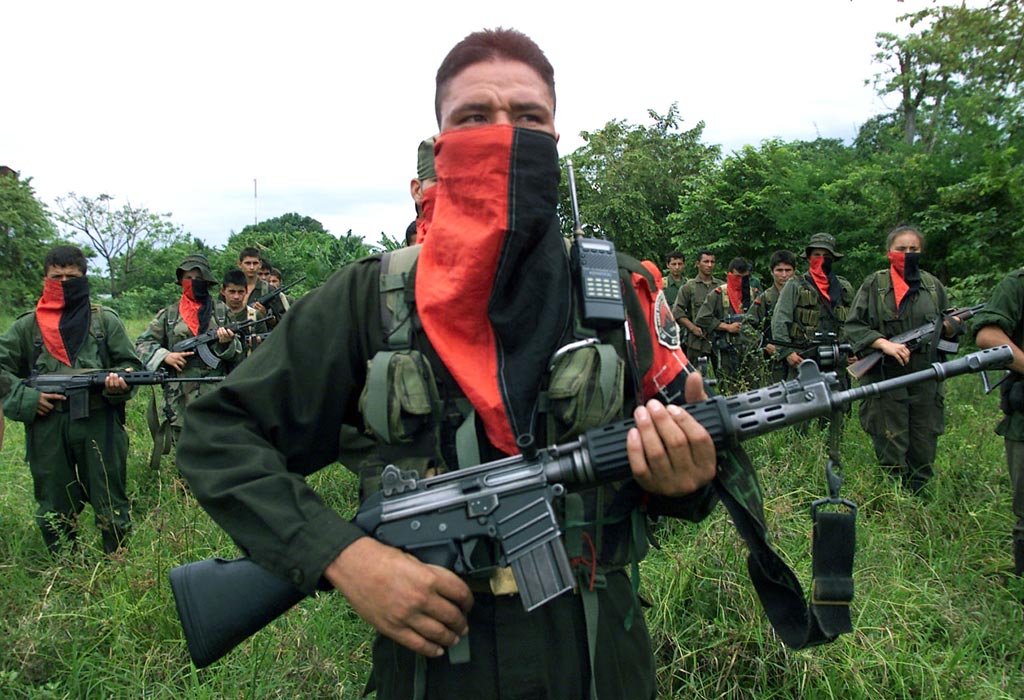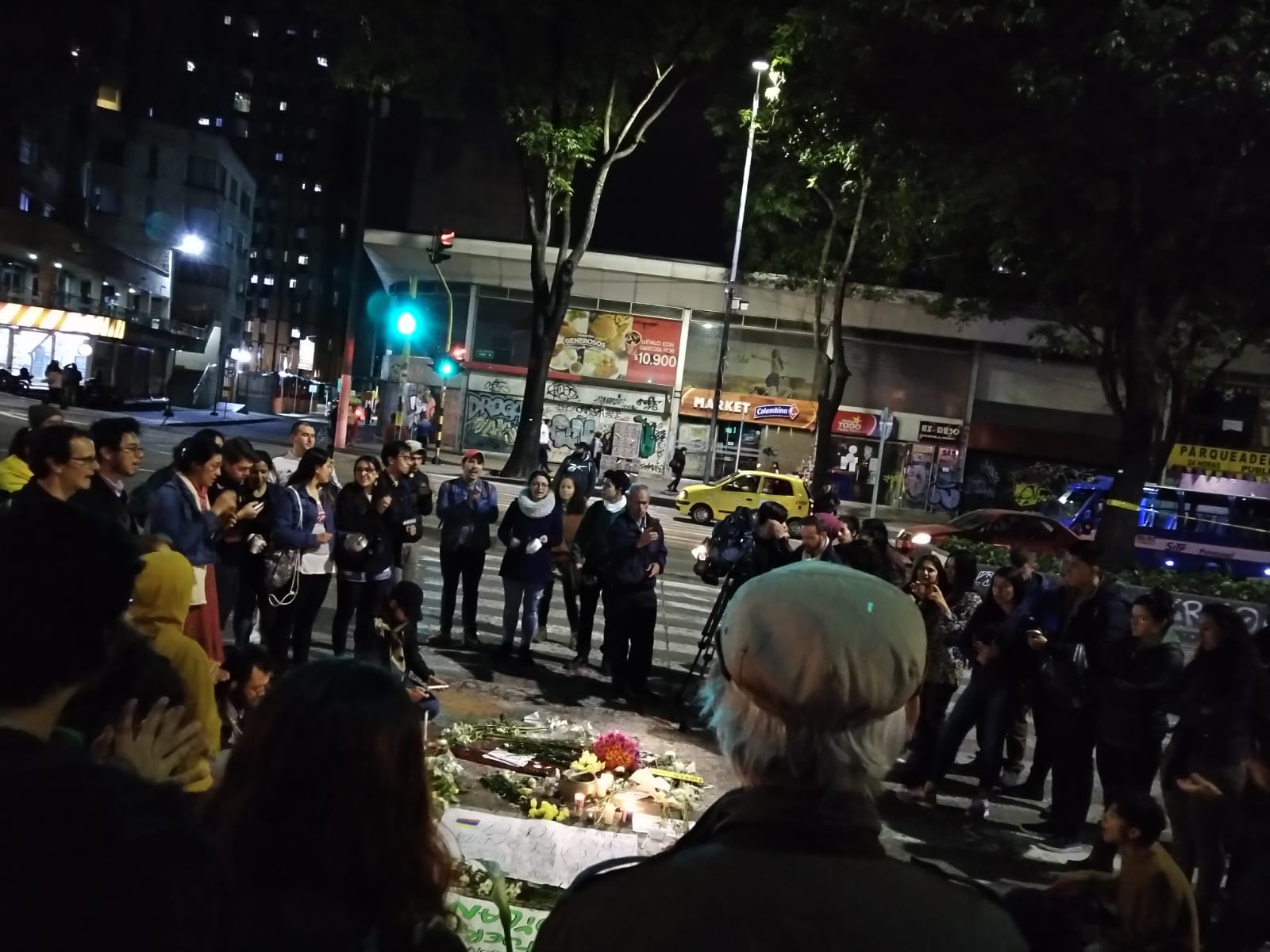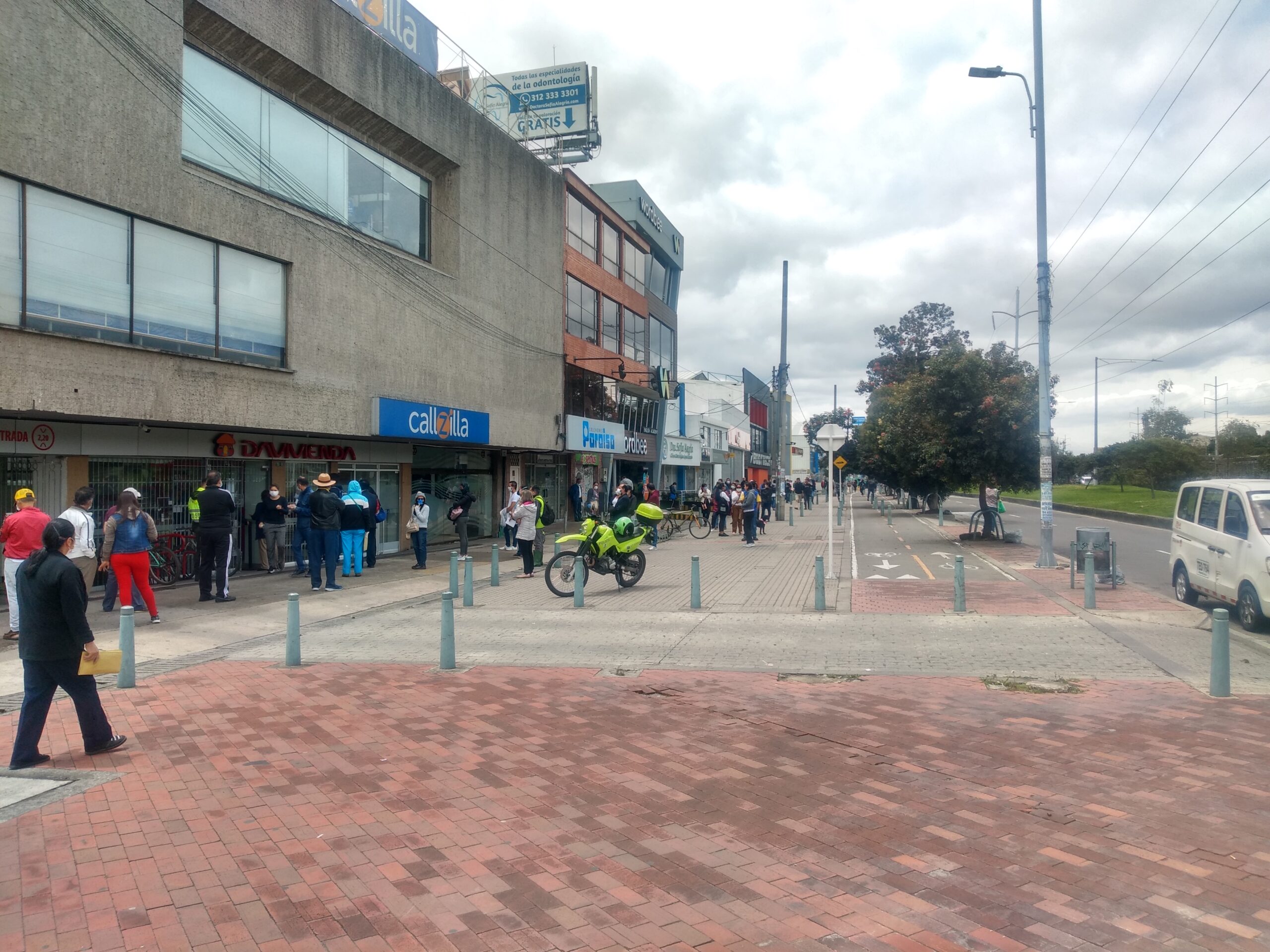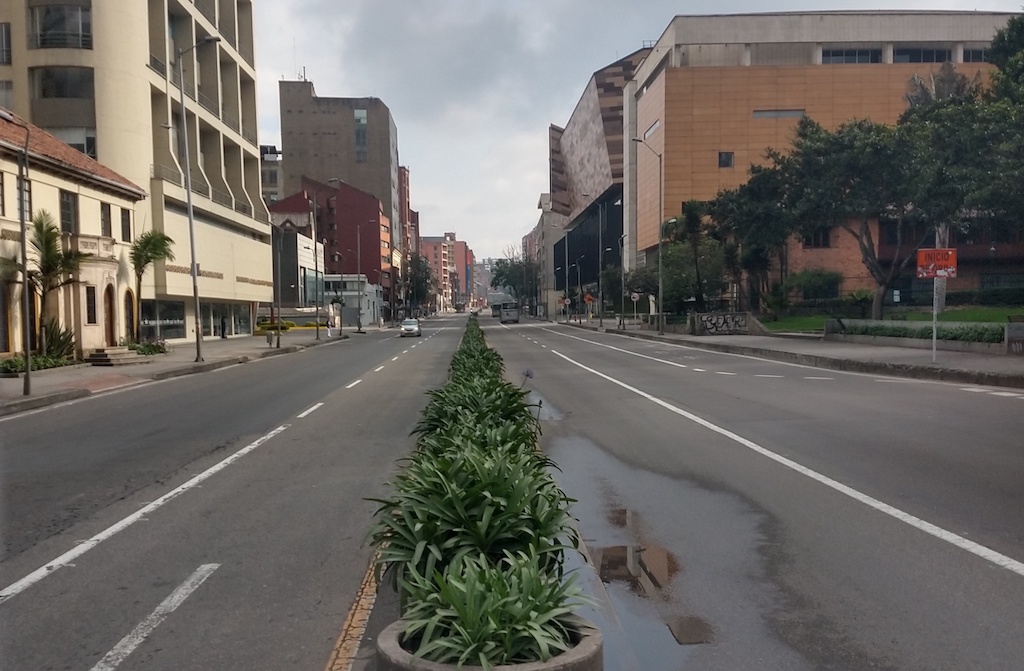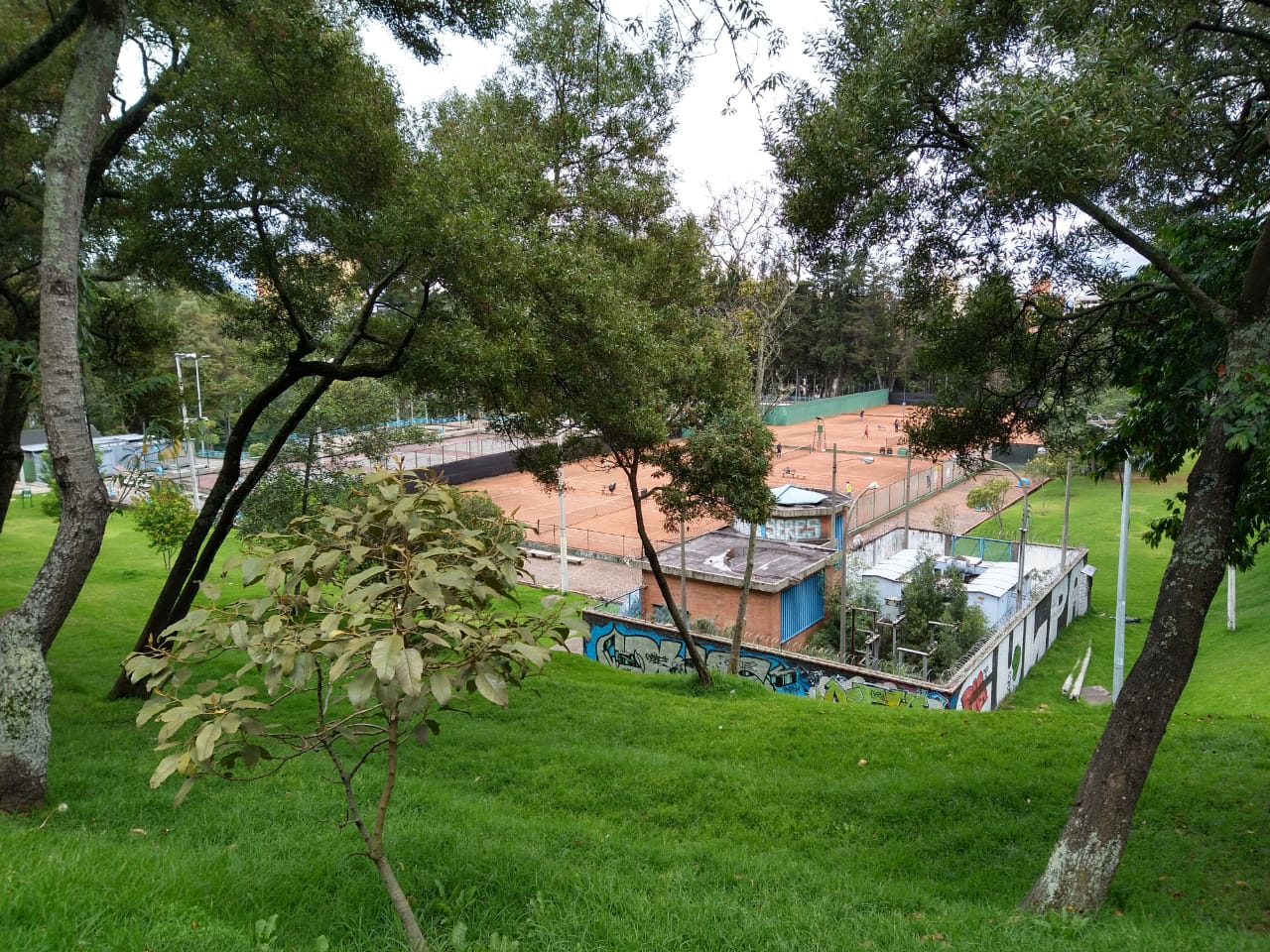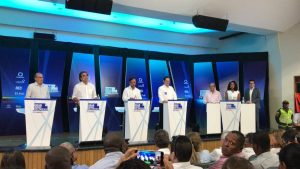
Third Presidential Debate. Photo courtesy of @DeLaCalleHum
With the frontrunner Iván Duque pulling out due to other campaign commitments, The Gran Debate del Pacifico in the Pacific port town of Buenaventura threatened to be a washout. Held at the Sofonías Yacup auditorium, the four candidates that turned up were Gustavo Petro, Sergio Fajardo, Germán Vargas Lleras and Humberto de la Calle.
And though the debate had its moments–running the gamut of themes like education, illegal mining, race relations and offshoot guerilla groups–it failed to live up to the momentum that had been built as a result of the fiery second debate in Baranquilla. As the debate wore on, few candidates offered concrete solutions. In short, the event was ‘muchos Pacificos, menos on the specificos’.
For example, on the topic of illegal mining, none of the candidates could provide concrete solutions beyond general ideas as to what they might do. “Confront illegal mining with complete determination,” Vargas Lleras said, before advocating for a formalisation of the industry that removes criminals from the industry. De la Calle said that the illegal mining was reducing areas of Colombia into “a lunar landscape” and that more needed to be done to address a problem that has been plaguing Colombia for decades.
When the discussion turned to the FARC and offshoot guerrilla groups, Humberto de la Calle stated that continued dissidence within the FARC ranks must be dealt with strength. Speaking in the conditional, he also said of the recent arrest of Jesús Santrich that “if he committed a crime, he should go to jail.”
Gustavo Petro spoke in favour of big government saying that if the State were to fill the territories then there would be no criminal organisations like BACRIM. The absence of the state is what allowed BACRIM to grow, according to the candidate for Colombiana Humana.
On a related note, the candidates were asked about the eradication of coca crops, which is a large undertaking by the government as part of the peace agreement. Up to 60% of illicit crops are found in the Pacific region and vast swathes are now currently being eradicated by the government.
Germán Vargas Lleras took the hardest line on the issue by proclaiming that voluntary crop eradication was a failure and that the FARC dissidents can’t have their cake and eat it too by talking of negotiations while narcotrafficking at the same time.
Humberto de la Calle spoke strongly on the importance of eradicating coca crops in the region, by force if necessary if communities were to resist, though he was against the measure of sentencing farmers for their crop. He recognised the great cost that would be borne by the substitution and the Liberal candidate remained against the use of the herbicide glysophate in the eradication of coca crops.
Sergio Fajardo agreed that glysophate was unnecessary and harmful in removing coca crops. His priority was to improve education models which allowed for local communities to flourish without losing money by way of intermediaries like narcotraffickers.
Petro hoped that a new economic model would allow coca crop farmers the ability to sell coca leaf for medicinal purposes, where peasants could make the most of fertile land and be co-owners of the business. He was against mandatory substitution and believed that the state shouldn’t intervene with peasants but, instead, should focus “on the mafias that have their control over the population.” Without a foil, Petro seemed at times aimless in this debate in contrast with his fine showing at Debate Caribe last week.
Given the large number of Afro-colombians along the Pacific coast of Colombia, race relations and the treatment of black Colombians were a dominant theme in the debate. In a pre-taped question, former Olympic weightlifting champion María Isabel Urrutia asked what resources would be invested towards affirmative action policies in aid of the Afro-Colombian communities of the Pacifico.
Petro believed that the region (referred to as the Litoral Pacifico) would be prioritised for access to tertiary education and health services as part of his affirmative action programs.
Fajardo, who’s main plank is education, wanted to focus his affirmative action program on universities, polytechnics and important education institutes like SENA.
Humberto de la Calle, who offered the most concrete details, pledged to spend 6 trillion pesos in infrastructure. He believed the region to be the most unequal on the entire continent on par with Honduras, Guatamala and Haiti.
Vargas Lleras spoke little of specifics but promised more support for sports in the region that would lead to more successful Olympians like Urritia. Vargas Lleras had the hardest time on the night, collecting the most heckles from the crowd, His previous role as Vice President appeared to sway few in the crowd. He got the first jeers before he was able to even answer his first question, which was on structural racism in Colombia.
Although incredibly popular with the crowd, Fajardo continues to fail to find his voice among the more confident candidates that shared the stage with him. But perhaps the biggest winner from the night may have been Humberto de la Calle who benefited from an absent Duque with more airtime. He provided animated and engaging ideas on matters like illegal mining, the FARC and crop substitution.

